Staff, faculty and students affiliated with the Center for Holocaust and Genocide Studies at the University of Minnesota grieve the passing of Fern Badzin.
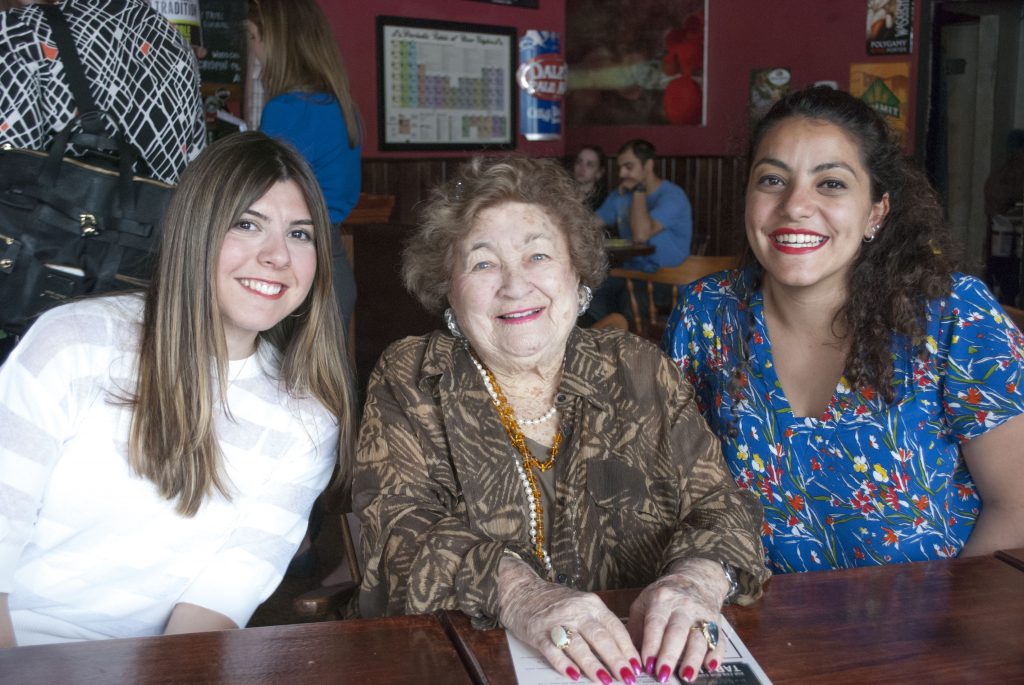 Fern and her late husband Bernard established the Badzin Fellowship in Holocaust and Genocide Studies, which has supported for the last decade graduate students in the College of Liberal Arts committed to research in the field. Bernard and Fern also created the Badzin Lecture Series fund, helping to bring renowned experts to campus. More recently Fern generously supported the Genocide Education Outreach (GEO) Program, which sends young scholars into the community to teach about the Holocaust, other genocides, and related issues directly affecting students and communities at large.
Fern and her late husband Bernard established the Badzin Fellowship in Holocaust and Genocide Studies, which has supported for the last decade graduate students in the College of Liberal Arts committed to research in the field. Bernard and Fern also created the Badzin Lecture Series fund, helping to bring renowned experts to campus. More recently Fern generously supported the Genocide Education Outreach (GEO) Program, which sends young scholars into the community to teach about the Holocaust, other genocides, and related issues directly affecting students and communities at large.
Fern had a unique personality and generous soul that has impacted many of us in various ways. She was a warm, upbeat and delightful person and we were fortunate to have Fern as a supporter and participant at events on campus. She leaves us with many fond memories.
CHGS will honor Fern’s legacy by continuing to support the professional development of graduate students, hosting community events and public lectures, growing the GEO program, and reaching ever wider audiences in our firm commitment to educate about the Holocaust and the recurrent problem of genocide.


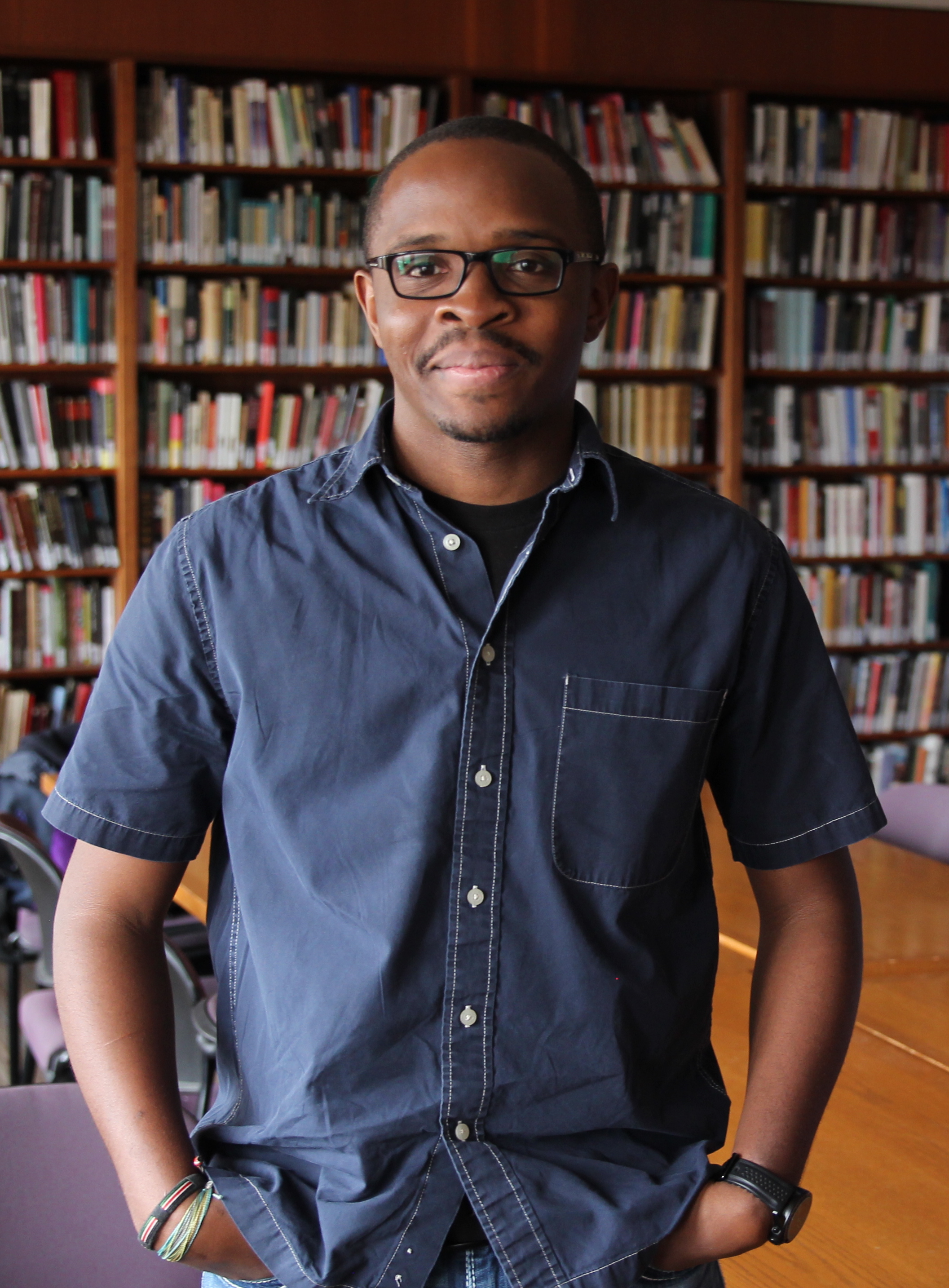 J. Siguru Wahutu was born and raised in Kenya and moved to Minneapolis to pursue his undergraduate education. He graduated from the University of Minnesota with a BA in Sociology and Global Studies and a minor in Cultural Studies. He stayed in Minnesota to obtain his PhD in Sociology with a thematic focus on genocide, media and collective memory and a regional focus on Africa. Wahutu is broadly interested in how news organizations and journalists in Africa produce knowledge about genocide and mass atrocity in neighboring African countries. He was the 2013-2014 and the 2015
J. Siguru Wahutu was born and raised in Kenya and moved to Minneapolis to pursue his undergraduate education. He graduated from the University of Minnesota with a BA in Sociology and Global Studies and a minor in Cultural Studies. He stayed in Minnesota to obtain his PhD in Sociology with a thematic focus on genocide, media and collective memory and a regional focus on Africa. Wahutu is broadly interested in how news organizations and journalists in Africa produce knowledge about genocide and mass atrocity in neighboring African countries. He was the 2013-2014 and the 2015 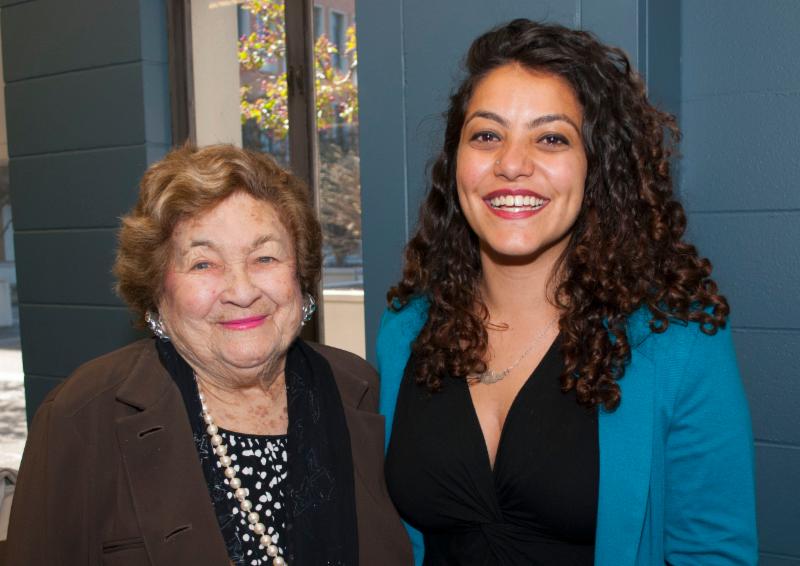
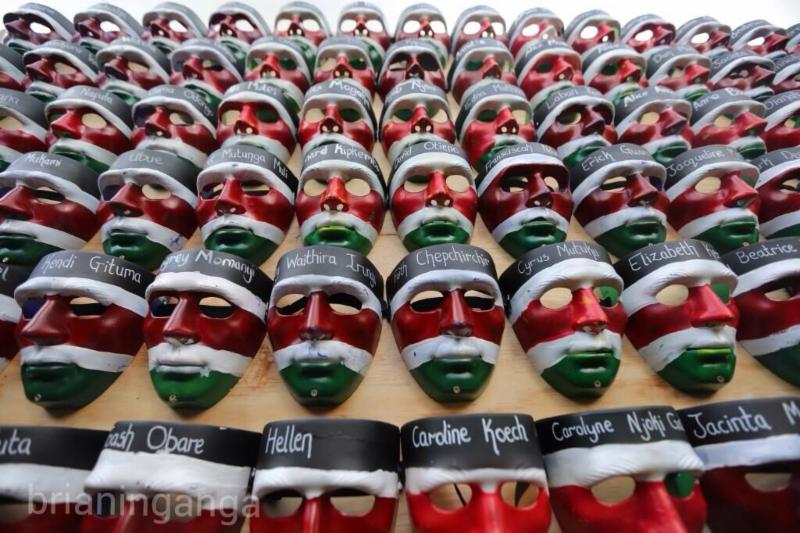
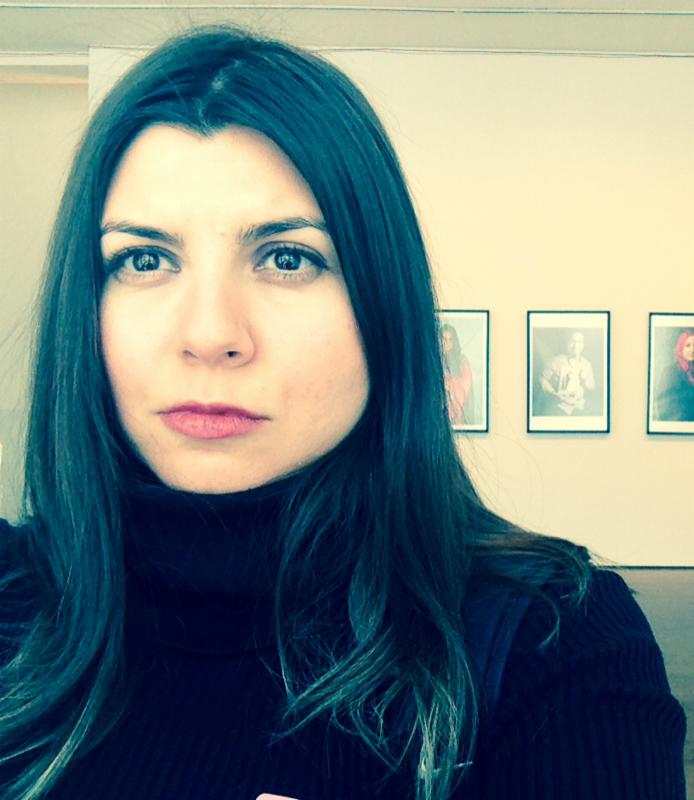 Yagmur Karakaya is a PhD student in Sociology at the University of Minnesota. She is interested in collective memory, popular culture and narratives of history. Yagmur is currently working on her dissertation project on Ottomania, which focuses on contemporary interest in the Ottoman past in Turkey. She is interested in how different groups of minorities engage with the ways in which Ottoman past is recalled and how they situate themselves in this narrative. During her Badzin Graduate Fellowship year, she will focus on the commemoration of the Holocaust in Turkey, and the relative silence on the Armenian genocide situating both of these phenomena in the current political interest in the Ottoman past. This project will engage with current debates regarding memorialization and denial in the field of Holocaust and genocide studies within the context of Turkey. She will be focusing on two major non-Muslim minorities in Turkey: the Jewish and Armenian population, conducting interviews with the members.
Yagmur Karakaya is a PhD student in Sociology at the University of Minnesota. She is interested in collective memory, popular culture and narratives of history. Yagmur is currently working on her dissertation project on Ottomania, which focuses on contemporary interest in the Ottoman past in Turkey. She is interested in how different groups of minorities engage with the ways in which Ottoman past is recalled and how they situate themselves in this narrative. During her Badzin Graduate Fellowship year, she will focus on the commemoration of the Holocaust in Turkey, and the relative silence on the Armenian genocide situating both of these phenomena in the current political interest in the Ottoman past. This project will engage with current debates regarding memorialization and denial in the field of Holocaust and genocide studies within the context of Turkey. She will be focusing on two major non-Muslim minorities in Turkey: the Jewish and Armenian population, conducting interviews with the members.